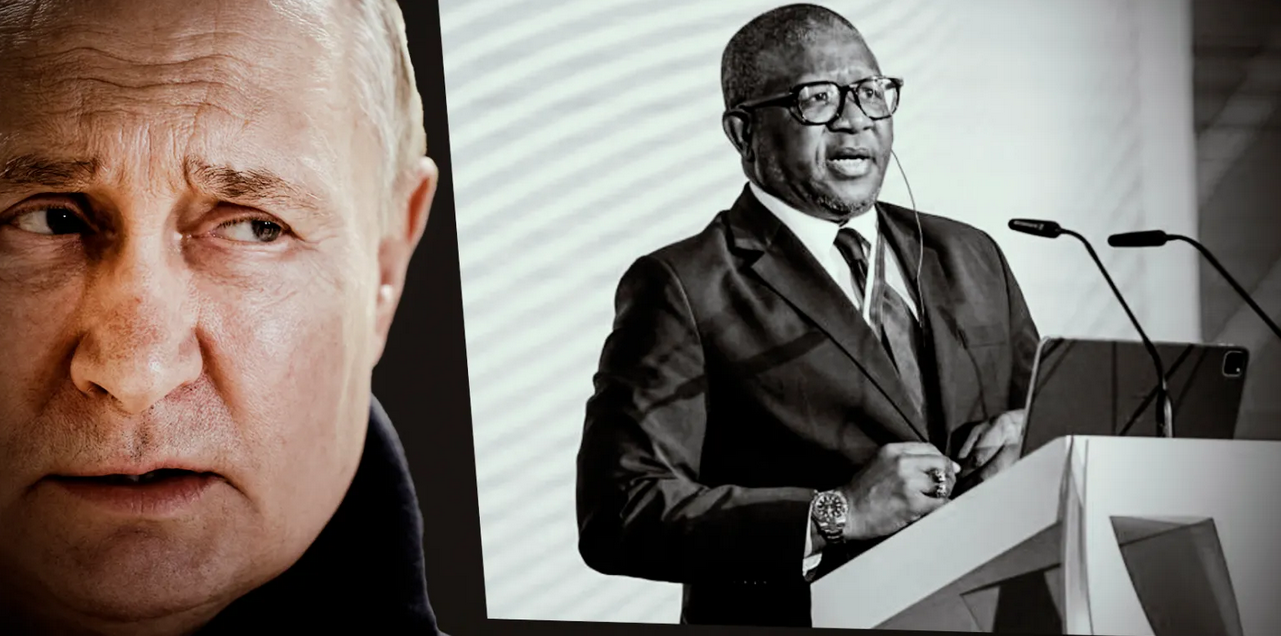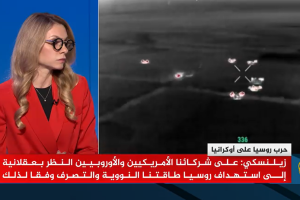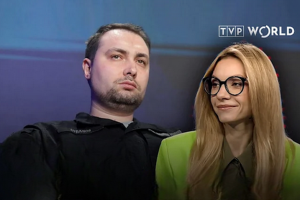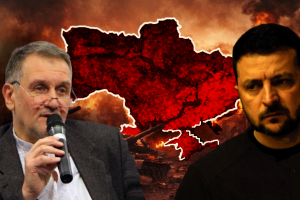To Russia with Love and Hopeless Devotion, from Fikile Mbalula and the ANC
Source: The Daily Maverick, 22 Feb 2024
The ANC’s bromance with Vladimir Putin’s United Russia party tells us more about their mutual hostility to the West than about their ideological affinity.
...
Power alliances
Most analysts say that United Russia is not really a party in the usual sense of having an independent ideology or even an independent existence.
“It is basically the party of power,” as Olexiy Haran puts it.
“These are people who were united around Putin and they didn’t have any freedom of discussion within this party,” said Haran, professor of comparative politics at the National University of Kyiv-Mohyla Academy and research director at the Democratic Initiatives Foundation, a leading Ukrainian analytical and sociological think tank.
“These people are not ideological. They are more interested in staying in power and keeping their business. So if there were any signs of problems with the Putin regime, they might easily switch sides or downplay their role in supporting Putin.
“This is the harsh reality of a fascist-type regime.”
Samuel Ramani, a tutor in politics and international relations at Oxford University and author of the recent book Russia in Africa, agrees that “the United Russia party is mostly a catch-all party that serves Putin’s ambitions.
“Since the 2012 elections and the protests that accompanied them, United Russia has embraced a more conservative policy agenda to appeal to the Orthodox Church and nationalists. But it is malleable in its international outreaches.”
He says United Russia’s strategy of forming party-to-party relationships with African countries and parties in the Global South, mirrors the Chinese Communist Party’s efforts to export its governance model to countries like Ethiopia.
United Russia builds on the legacy of inter-parliamentary dialogues that helped Russia rebuild partnerships in Africa during the late 1990s/early 2000s, he says.
“Anti-Westernism and multipolarity are much stronger outreach tools for United Russia than conservatism in Africa and dominate the party’s outreaches to countries like South Africa.
“This is why I suspect the ANC will be engaging with them directly and why left-wing activists like Julius Malema have no qualms about being very supportive of Russia’s political system.”
The opinion that United Russia is not driven by ideology seems to be corroborated by the fact that Putin and his party have established links not only with right-wing parties but also with left-wing parties around the world.
So, on the right, the party has signed cooperation agreements with the populist Freedom Party of Austria and Italy’s populist Five Star Movement, among others.
On the left, apart from the agreement it signed with the ANC back in 2012, the party has also signed agreements with parties such as the Lao People’s Revolutionary Party, the Communist Party of Vietnam, the New Azerbaijan Party, the Prosperous Armenia party, the Arab Socialist Ba’ath Party – Syria Region, the Workers’ Party of Korea, the Communist Party of Cuba, and others.
Using each other
Maria Snegovaya, senior fellow for Russia and Eurasia at the Centre for Strategic and International Studies in Washington, also found, in her study of Russia’s influence-peddling in Europe, that Moscow had forged relationships with both left and right-wing European parties.
For her report of May 2022, entitled “Fellow travellers or Trojan horses? Similarities across pro-Russian parties’ electorates in Europe”, Snegovaya studied the policies of political parties (which had won above 2% in elections between 2008 and 2017) in 15 EU member states and found that 40 of the parties openly embraced pro-Russian positions.
These pro-Russian parties, “regardless of their ideological (right or left) leanings, tend to hold significantly more Eurosceptic attitudes than supporters of mainstream parties”.
She said this Euroscepticism explained their endorsement of narratives and policies indirectly favourable to the Kremlin.
“It also sheds some light on the opportunistic rather than ideological nature of Russia’s influence operations in the European Union, which exploit opportunities presented in respective regions. In other words, these parties are the Kremlin’s fellow travellers.”
By characterising these pro-Russian parties as “fellow travellers” – rather than “Trojan horses” – Snegovaya meant that the European parties and Russia were using each other to promote their mutual anti-EU interests, rather than Moscow one-sidedly using the European parties to advance its anti-EU agenda.
Snegovaya told Daily Maverick that her paper was about Europe. “But we can safely assume the Kremlin’s approach is similar across various geographic contexts.”
To apply her thesis outside Europe, one would need to broaden the Euroscepticim she identified to embrace a wider scepticism – or indeed, often more strongly, hostility – towards the West more generally.
So it seems Mbalula and the ANC are not Putin’s or the United Russia’s “useful idiots”. They are not Russia’s Trojan Horse so much as they are fellow travellers, united by a common enemy. The difference being that the common enemy regards South Africa as a friend.
Daily Maverick asked ANC spokesperson Mahlengi Bhengu-Motsiri and Nomvula Mokonyane, the chair of the ANC national executive committee’s international relations sub-committee, to confirm if Mbalula had really said the things attributed to him by RIA Novosti.
Neither had replied by publication time.









